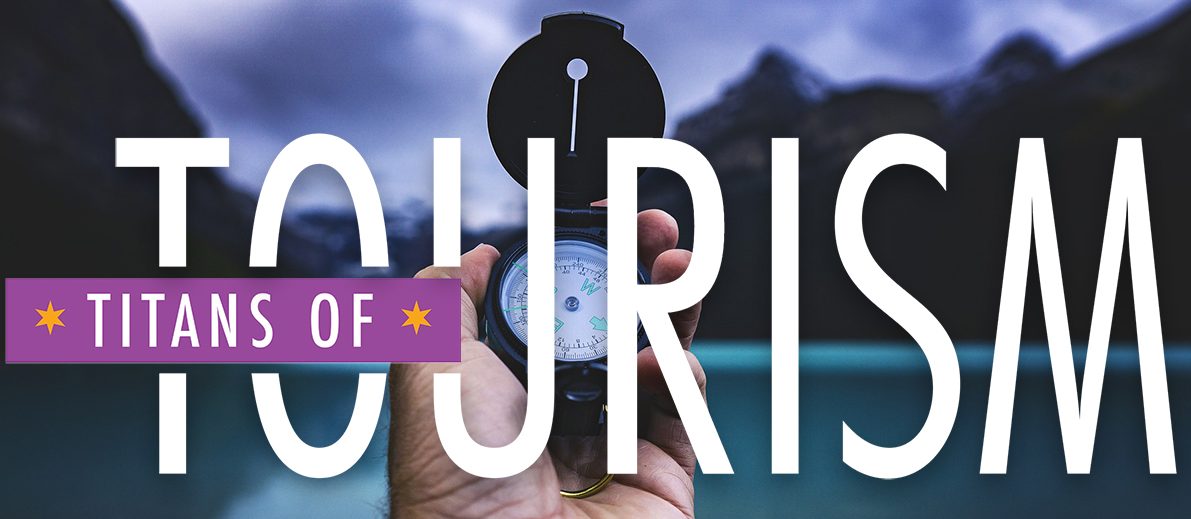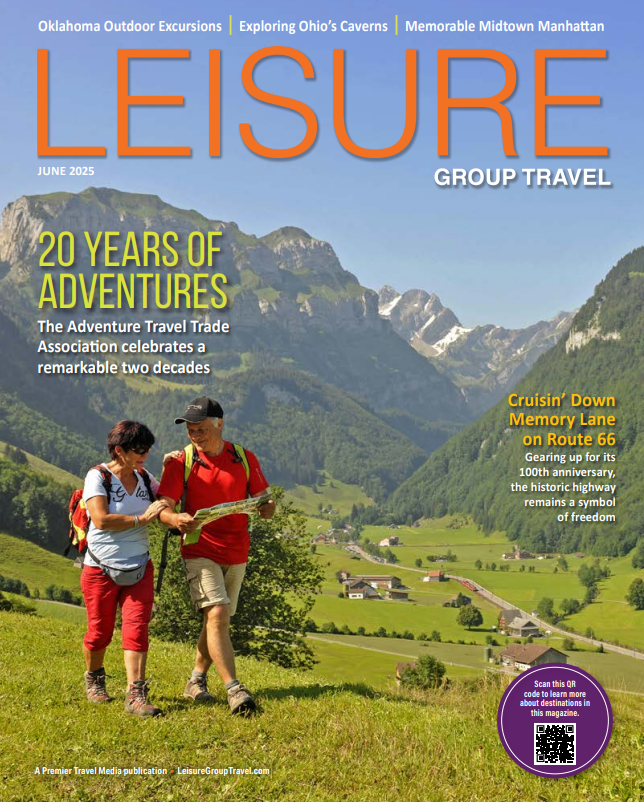A Look Ahead: To Increase Travel, Improve the Travel Process
 As many have experienced lately, air travel in America is not working as well as it should.
As many have experienced lately, air travel in America is not working as well as it should.
Air travel is safer than ever, but it is often slow, inefficient and unpredictable. In fact, the latest quarterly survey from U.S. Travel Association and Ipsos revealed that nearly two-thirds of recent air travelers find the experience the same or worse than going to the DMV.
Traveler frustrations are understandable. It can take over two hours to clear Customs at key gateways, in extreme cases. Transportation Security Administration (TSA) wait times are inconsistent, and the security screening experience has not evolved for the majority of passengers in the last 20 years.
And before international travelers even get to the airport, top U.S. inbound source markets are waiting more than 400 days on average to get a visitor visa interview. U.S. citizens are waiting 8-11 weeks for passports, and it takes 4-6 months to get into the Global Entry program.
This is not the experience travelers deserve, but there are steps the federal government can take to build a stronger, more efficient travel industry.
Causes of travel challenges
Travel in America was not always so challenged; this is not just a hangover from the COVID era.
The current state of travel is the result of years of federal underinvestment in travel.
For example, there are 1,200 fewer air traffic controllers than a decade ago. Customs and Border Protection is 1,700 officers short of demand, resulting in long lines at Customs for arriving passengers. The air travel process is slow and cumbersome—and passengers know it doesn’t have to be this way.
Nearly six in 10 recent air travelers (59%) say as a result of advances in security technology, it is time for the government to reassess certain security measures. And nearly two-thirds of recent air travelers and business travelers are comfortable sharing their biometric data.
Cost of Travel Inefficiencies
The survey also revealed a significant cost due to these travel inefficiencies.
On average, air travelers are avoiding two trips in the next year due to air travel hassles. This equates to 27 million trips avoided and $71 billion in losses for the U.S. economy over the next year, including $4.5 billion in lost tax revenue. Top reasons are the likelihood of flight delays or cancellations and airport process hassles—issues that arise, in part, due to government inefficiencies.
These avoided trips would come at a time when overall travel demand is normalizing after the post-pandemic surge. Domestic leisure travel—which led the industry’s overall recovery—shows modest rates of growth of 2% in 2023 and 2024, according to the U.S. Travel Association’s forecast.
Future Opportunities to improve travel
If the federal government can get it right, half of air travelers said they would travel more in the next six months if the travel experience improved. The government should focus on two key areas to improve the air travel system.
First, we need a long-term Federal Aviation Administration (FAA) reauthorization bill and permanent leadership in the form of an agency administrator. The air travel experience is not going to get better until there are significant and sustained investments in the FAA. There was a short-term patch to keep the agency funded but Congress must now move forward the new investments in earnest.
Second, the U.S. must take a more active role in learning from best practices among our competitors and keep improving the travel experience at every step of the process to help the United States better compete for and win more global travelers.
The awful events of September 11th were 22 years ago, but the security experience travelers have today is effectively the same as when TSA was first created. Of course, air travel is safer than ever. But technology has vastly improved, and the federal government is not optimizing it as best as it could.
For example, some European countries such as Spain and the United Kingdom have plans to end the liquid ban on carry-on luggage, thanks to advanced technology.
The United States should be moving toward that as well. Nearly two-thirds of recent air travelers are willing to share biometric information with TSA if it reduced the airport security process by 20 minutes. The technology is proven, secure and efficient, but it has not been utilized to its full potential.
Travel is vital to the American economy, but the system needs to work. The pandemic stole the ability to travel, thus travelers were willing to put up with hassles.
That is no longer the case. Today, the experience matters more than it did a year or two ago, and travelers are making more rational decisions. Unfortunately, that diminished experience is leaving demand on the table.
But if the federal government can roll up its sleeves and focus on working with the private sector to improve the experience and efficiency of the air travel system, it will pay economic dividends well into the future.
As president and CEO of the U.S. Travel Association, Geoff Freeman is the leading advocate for the $1.1 trillion U.S. travel and hospitality industry. In this role, Freeman is charged with ensuring the industry’s full recovery from COVID-19, positioning the industry to seize emerging opportunities in a post-pandemic market environment and further establishing travel as a vital economic force in the United States. Freeman is a seasoned association CEO with a proven track record of building successful organizations that unite member interests, grow member value, increase revenue and unlock growth opportunities. Prior to joining U.S. Travel, Freeman was president and CEO of the Consumer Brands Association, the trade association for America’s $2.1 trillion food, beverage and consumer products industry. During his tenure, Freeman launched a strategic campaign to transform the association into a powerful, modern advocacy organization aimed at driving growth and delivering sound regulatory and legislative outcomes that benefit industry leaders and consumers. During his tenure, Freeman grew membership by 35 percent and boosted total revenue by nearly 50 percent.
To learn more about the Titans of Tourism, be sure to Subscribe to Leisure Group Travel magazine for FREE.






